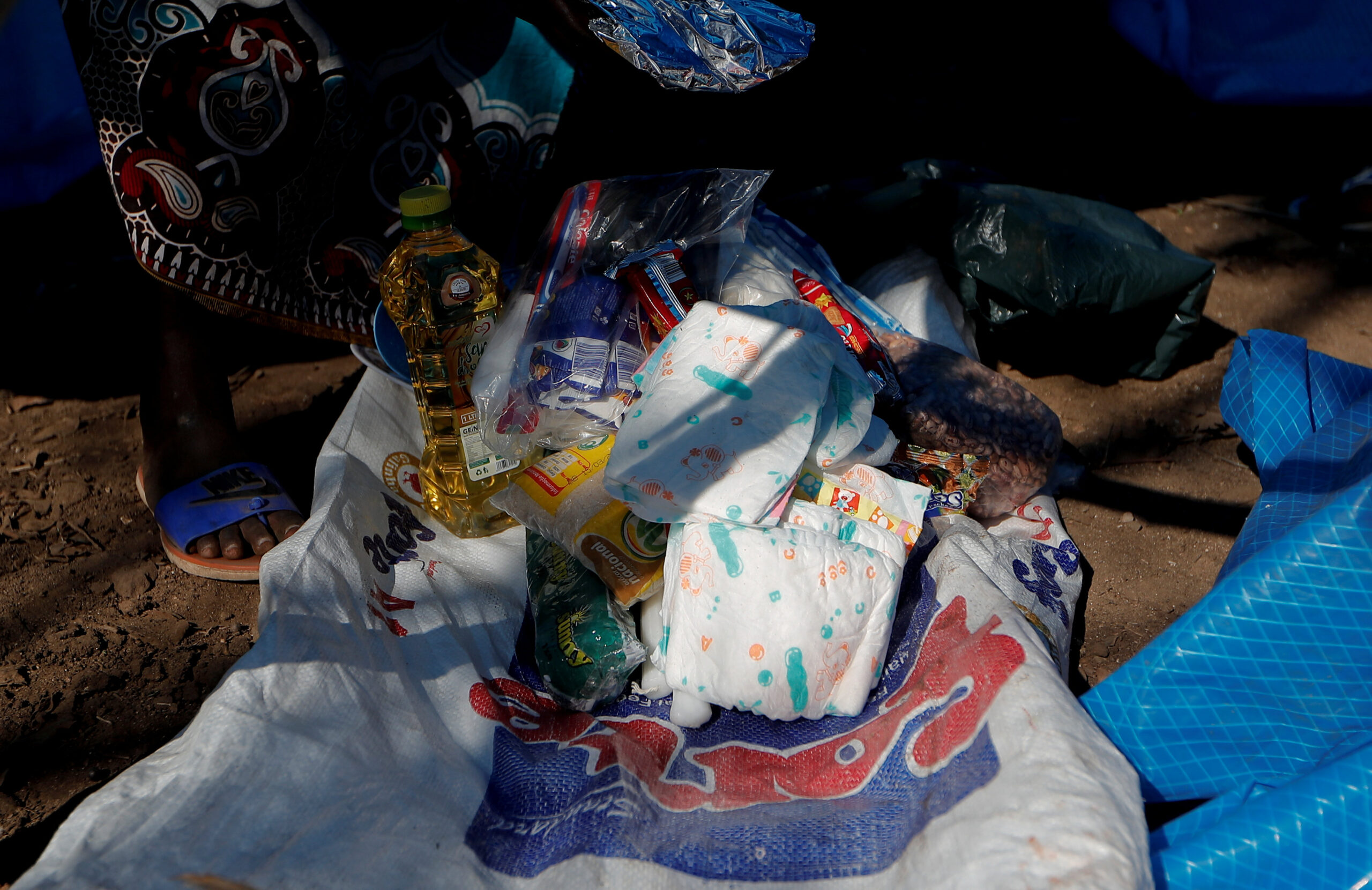
HRW: Mozambique cyclone victims force to trade aid for sex

Human Rights Watch (HRW) called on Mozambican authorities on Thursday to investigate and prosecute perpetrators accused of the sexual assault of Cyclone Idai victims, forcing women into sex in exchange for food.
Hunger and destruction caused by the devastating effects of the cyclone have left hundreds of thousands of women vulnerable to abuse.
Victims, residents, and aid workers told Human Rights Watch that local community leaders have been exploiting the crisis for personal gain and in some cases, local leaders coerced women without money to engage in sex in exchange for a bag of rice.
They also accused leaders of demanding money from people affected by the cyclone in exchange for including their names on the aid distribution list.
“The sexual exploitation of women struggling to feed their families after Cyclone Idai is revolting and cruel and should be stopped immediately,” said Dewa Mavhinga, Southern Africa director at Human Rights Watch.
“The authorities should promptly investigate reports of women being coerced into exchanging sex for food and appropriately punish anyone using their position of power to exploit and abuse women.”
One aid worker told HRW that the distribution list often contains only the names of male heads of households, and excludes families headed by women. “In some of the villages, women and their children have not seen any food for weeks,” she said. “They would do anything for food, including sleeping with men in charge of the food distribution.”
According to the United Nations, over 1.85 million people, most of them women and children, are urgently in need of assistance since Cyclone Idai hit. While the UN World Food Programme has reportedly reached one million people with food assistance, in coordination with the government and the National Institute for Disaster Management, but many others have yet to receive any assistance.
“The Mozambican authorities have an obligation to ensure that everyone gets the protection they need in this situation, including vulnerable women at risk of sexual exploitation and abuse,” Mavhinga said.
“Emergency aid should be given freely to all people in need, and the government along with aid providers should ensure that aid distribution is never used as an opportunity to commit abuse.”






